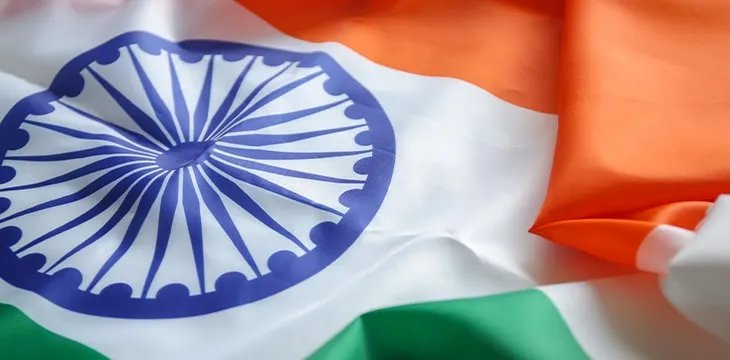|
Getting your Trinity Audio player ready...
|
India’s National Payment Corporation of India (NCPI) may be inching toward creating a single-token digital identity, according to a report from Analytics India Mag. The news was hinged on the NCPI’s announcement that it was looking for developers with deep knowledge of Web 3 technology.
A single-token digital identity has been hailed as the next iteration of identity solutions by the government with the benefits of preventing identity theft and the activities of bad actors. Aravind Srimoolanathan, a Senior Research Analyst ICT at Frost and Sullivan, noted in November 2021 that governments worldwide are marching toward creating single-token digital identities for their citizens within the next five years.
“National identification programs are gaining prominence as countries are striving to establish a unified database of robust, unique identity documents of citizens for ease of governance,” he said. “By 2030, advancements in blockchain technology will lead to its integration with biometrics, resulting in the establishment of a single-token digital identity for individuals.”
Analysts believe that the NCPI was tilting toward creating a single-token digital identity for individuals following an article published in 2021. The article, written by Shivani Bisht, a graduate engineer in the agency, explored the pros of issuing a single-token digital identity and was tagged as the article of the month.
The author noted that simple interfaces and proper regulatory frameworks must be employed before using blockchain despite the associated benefits. In addition to the article, the agency has put out a job listing seeking to employ several DLT developers, which industry players believe hints towards creating a single-token digital identity.
India is embracing Web 3.0
India’s Finance Minister Nirmala Sitharaman stated that “the use of blockchain technology will rise by about 46% in the next few years” as the country looks to trigger growth in its digital economy.
Several civil societies have sprung up to advance the use of DLT in the country, like the India Blockchain Alliance (IBA), which looks to ensure the “responsible adoption” of the technology, while some regional governments have deployed the technology to improve operations at the land registry.
However, embracing DLT has not been a rosy affair for India because of stiff taxes imposed on exchanges and individuals for trading digital assets. In the 2022 budget, the Finance Minister levied a 30% tax on profits made from investing in virtual currencies, dousing the enthusiasm of traders in the country.
Watch: The BSV Global Blockchain Convention panel, Blockchain in Middle East & South Asia

 07-05-2025
07-05-2025 





